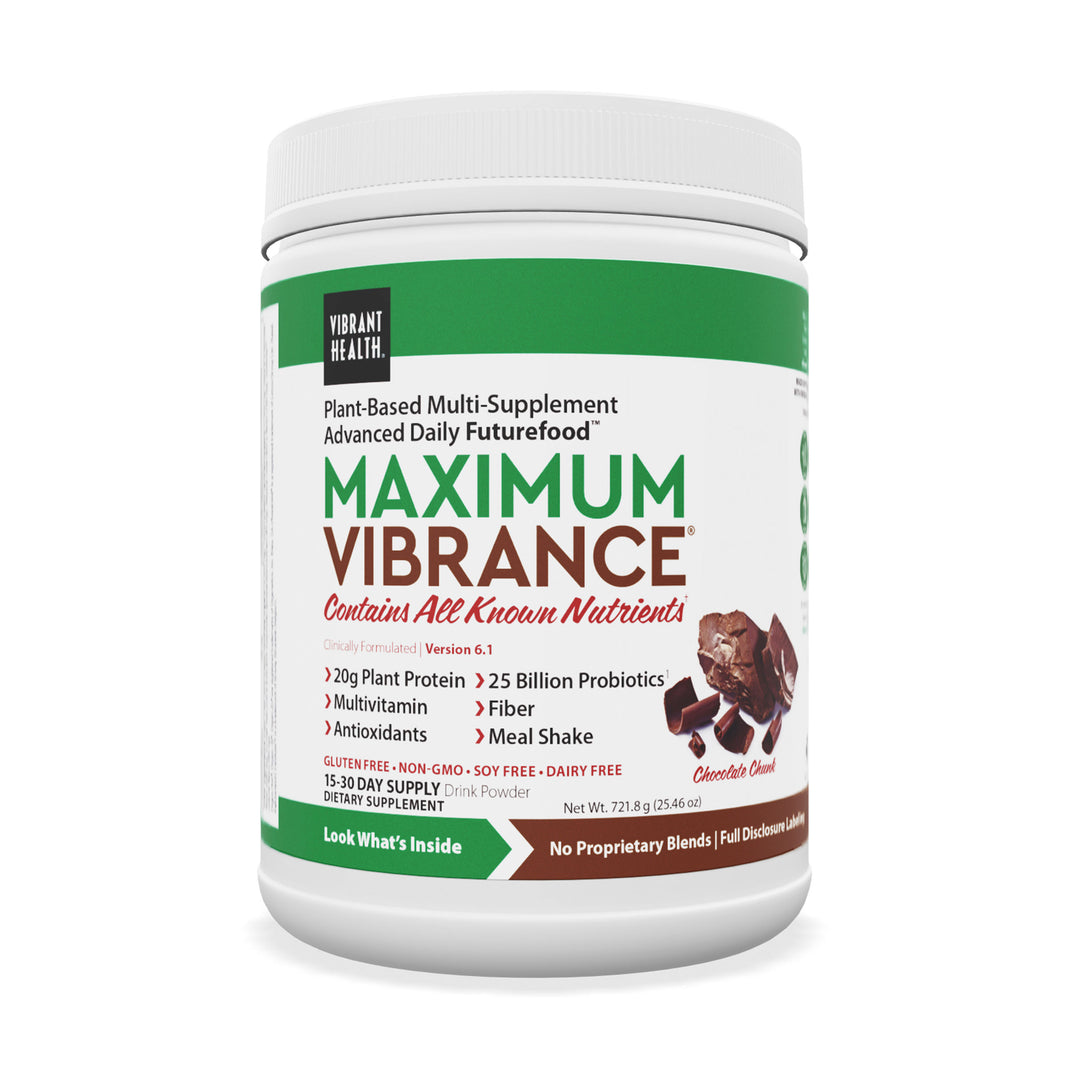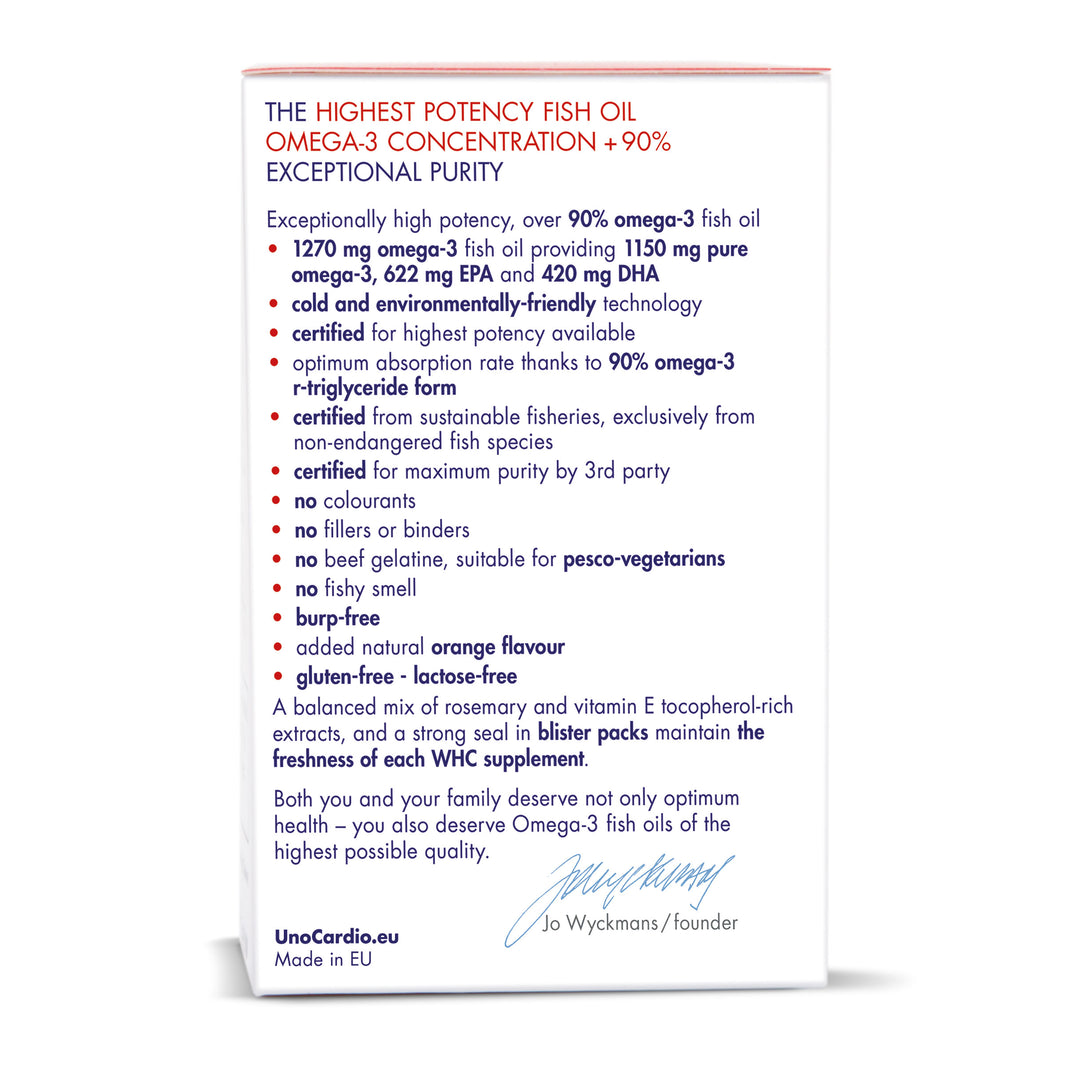It’s often said that you are what you eat. But strictly speaking, this is not true. You are what you absorb.
While we might pat ourselves on the back for eating the right foods, we should know that just because nutrients make it into our stomach, it doesn’t mean our body will utilise them as intended.
It is not uncommon for people to eat wholesome, nutritious food but not receive the full benefits due to poor uptake of nutrients. This can be due to all kinds of factors, which we intend to discuss in this article.
Along the way we’ll look at nutrient co-factors that come into play, the importance of mineral levels and hydration, raw vs cooked, the merits of choosing organic, the role of the gut and much more.
Want to learn how to optimise your body’s nutrient absorption? Then read on.
How are Nutrients Absorbed?
First, a quick primer on how food is broken down into its constituent parts by our body. We’re talking, of course, about digestion.
As mentioned in our Guide to Digestive Health, this system functions as a kind of disassembly line, wherein nutrients are extracted from food and absorbed into the bloodstream to fulfil the body’s various needs.
After we’ve eaten a meal, the food makes its way down the oesophagus and into our stomach, where it’s worked upon by digestive enzymes and gastric juices such as hydrochloric acid, the latter of which helps with protein absorption.
In the the stomach, what’s left of the food passes through to the small intestine, whereupon the pancreas releases bicarbonates to neutralise the acidic gastric juice and stop it damaging the intestinal membrane.
Yet more secretions from the pancreas, liver and gallbladder then combine with the food matter, breaking it into yet smaller nutrients to be absorbed in the small intestine and transferred to the bloodstream. Once in the blood, nutrients are then transported to cells throughout the body.
Whatever is not used is distributed to either storage or waste.
5 Tips for Absorbing More Nutrients
1. Optimise Digestion
It stands to reason that any steps you might take towards improving your nutrient absorption include optimising your digestion.
Simply put, if our gut health is impaired and our balance of friendly and unfriendly bacteria out of whack, we will never absorb nutrients as well. Remember, gut bacteria break down nutrients too.
Even independent of bacterial balance, taking simple steps such as thoroughly chewing your food can measurably improve your digestion, by activating enzymes that help your body break down food.
One study by Purdue University found that when subjects chewed almonds 40 times, they benefited from improved fat absorption compared with those who chewed just 10 times.
If you suffer from poor digestion, consider using a high-strength probiotic supplement to increase the number of good bugs operating in the gut.
2. Combine Nutrient Co-Factors
Nutrients are notoriously synergistic, meaning you will never gain maximal benefit from many macro and micronutrients unless a co-factor is present.
While there are a ridiculous number of co-factors, some of the main ones are given below. Of course, we wouldn’t recommend obsessing over co-factors too much.
The key thing is to be mindful of how certain nutrients interact, in order to avoid deficiency.
• Vitamin C and iron
• Fat-soluble vitamins (A ,D, K) and fat: It’s pretty simple – to optimise your absorption of fat-soluble vitamins, eat them with a little fat. For the same reason, if you’re taking supplements of vitamin D or K, it’s wise to do so during a meal that contains some fat.
3. Eat Food in a Natural State
There’s a lot about nutrition we’ve yet to learn. But of the things we have learned, this is one of the most important: eating food as close to its natural state as possible is, undoubtedly, a good way to go.
That applies to vegetables, nuts and fruit. Choose organic, where possible, locally-grown and seasonal.
Which brings us to the raw vs cooked debate. The truth is, we don’t yet know enough to say whether raw is better as far as nutrient absorption is concerned.
While we do know that cooking certain foods decreases certain nutrients – because some vitamins are sensitive to heat – cooking also appears to break down plant cell walls, allowing us to absorb antioxidants like lycopene.
The best bet is to eat raw some of the time but, well, don’t give up cooking. More important than the question of raw or cooked is that you choose organic.
There’s a good article here on the topic.
4. Eat a Diverse Diet
We have explained just how complex the relationship between individual nutrients is. So, it makes sense to eat a wide range of foods to ensure you’re pairing those tandem nutrients.
After all, it’s much easier to do that than obsessively prepare each meal according to the various co-factors present.
As ever, we would recommend eating a colourful range of fruit and vegetables, as well as some good fat and lean protein.
Eat a variety of foods every day to ensure the broad spectrum of nutritions your body needs.
5. Hydrate!
The importance of hydration can never be overstated. Without adequate hydration, we will never have proper digestion – our blood will simply be unable to transport nutrients.
Of course, there’s another question which springs to mind. Which is: what if you’re not absorbing the water itself?
It’s essential that we consume water with minerals in it. Minerals are necessary for water structure, which in turn is vital for absorption.
That is why reverse-osmosis water is not ideal – because it’s mineral-deficient.
Which Factors Reduce Nutrient Absorption?
1. Disease
Disease is probably the number one cause of malabsorption.
Various illnesses can affect our body’s capacity to absorb fats, proteins, vitamins and sugars. In other words, it can negatively impact absorption across the board.
In particular, ailments such as Celiac disease, chronic liver disease, cystic fibrosis and Crohn’s disease wreak havoc with our digestion.
Intestinal damage, such as that caused by radiation therapy, can also set the scene for malabsorption.
2. Insufficient Enzymes and Hydrochloric Acid
Enzymes produced by the pancreas help us to assimilate fats as well as other nutrients.
Insufficient pancreatic enzymes make it more difficult for the body to process fats and other nutrients.
If the pancreas is damaged, you may need to supplement with pancreatic enzymes.
As mentioned earlier, hydrochloric acid is crucial for proper digestion. If you have low hydrochloric acid, your food will not be properly broken down in the stomach.
Low hydrochloric acid secretion has been specifically linked to malabsorption of iron.
3. Medication
A lengthy list of pharmaceutical drugs are known to reduce nutrient absorption, and they do this in numerous ways: by causing changes in the intestinal mucosa, by inhibiting enzymes and by binding to bile acids, to name just a few.
While corticosteroids hamper our absorption of calcium and vitamin D, antibiotics tetracycline and cholestyramine limit our iron uptake.
To see a full list of drugs affect mineral absorption, click here. For vitamin absorption, it’s here. As you’ll see, everyday drugs like oral contraceptives, laxatives and cortisol can deplete the body of vital nutrients.
Related: Antibiotics Are Not the Answer
4. Alcohol and Caffeine Consumption
Alcohol reduces nutrient absorption – particularly fat absorption – by damaging cells in the stomach lining and intestines, and hampering the transportation of nutrients into blood.
Just as concerning is the effect of alcohol on nutrients that have already been absorbed, since alcohol can actually stop them from being fully utilised by the body.
Studies of alcoholics consistently show decreased liver stores fat-soluble vitamins such as A, E and D, as well as decreased calcium and zinc.
Related: The Health Benefits of Having a Dry Month
As for caffeine, it is known to deplete B vitamins, vitamin D, vitamin C, calcium and iron. Of course, moderate caffeine intake comes with its own benefits – so few would recommend cutting it out entirely. It’s just yet another factor you should be mindful of.
You can also minimise the impact of caffeine on nutrient absorption by separating coffee from meals and supplements by at least an hour.
5. Food Intolerances and Allergies
Lactose intolerance, lactase deficiency and soy milk intolerance are the main ones here. Eating foods to which you are intolerant or allergic can hamper nutrient absorption in the small intestine.
Conclusion
Remember, if nutrients are not absorbed, they are simply passing through. Imagine pursuing a healthy diet, depriving yourself of treats, and yet you fail to reap the benefits. The sacrifice wouldn’t feel worthwhile, would it?
It is not just a case of optimising, of course. The fact is, poor absorption can set the stage for various health problems such as osteoporosis and acne. More generally, it can also lead to chronic fatigue and loss of muscle tissue.
As well as the above, remember that things like exercise and sleep can have a profound effect on your nutrient absorption. Make sure you’re staying active, getting outdoors and enjoying plenty of rest at the end of the day.
Water for Health Ltd began trading in 2007 with the goal of positively affecting the lives of many. We still retain that mission because we believe that proper hydration and nutrition can make a massive difference to people’s health and quality of life. Click here to find out more.
Updated 12th July 2024




























Leave a comment